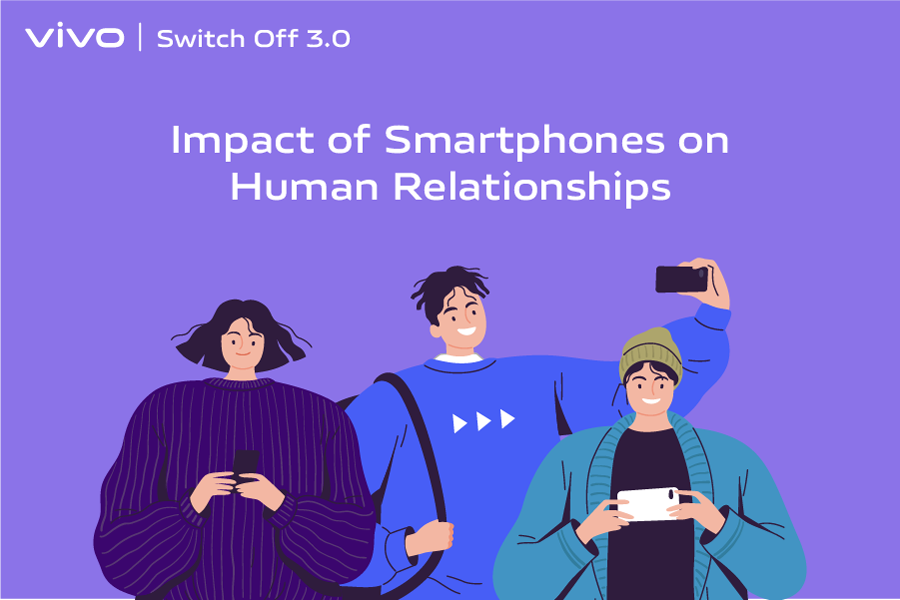An Eye-Opener For All Smartphone Users
vivo India survey report3.0 reveals the impact of smartphones on human relationships


 This is a special feature as part of the #SwitchOff campaign, an initiative by vivo India in partnership with Forbes India and CNBC-TV18
This is a special feature as part of the #SwitchOff campaign, an initiative by vivo India in partnership with Forbes India and CNBC-TV18
According to vivo"s SwitchOff report, the COVID-19 pandemic is not only leading to more dependence on smartphones but is also adversely affecting parental-child relationships. In its third edition, the study reveals that 66% of parents admit to being constantly distracted by their phones, even while spending time with their children. The report provides insight into smartphone trends and patterns while analysing, changing consumer behaviour.
In its third edition of a study titled "Impact of Smartphones on Human Relationships 2021," vivo, a global brand of innovative smartphones, examines the psychological impact on children from excessive use of mobile devices by parents and their kids.
The research, undertaken in collaboration with CyberMedia Research (CMR), showcases the impact of smartphones on users and their effect on relationships. Switch Off"s third edition looks at relational dynamics from a unique perspective, especially when it comes to smartphones and the all-pervasive presence of their use. The study provides deep insight into various patterns and trends associated with everyday smartphone usage, thus analysing the gradually changing behaviour of consumers.
Commenting on the launch of the report, Yogendra Sriramula, Director, Brand Strategy, Vivo India, said, “It is an undisputed fact that smartphones have become an integral part of our lives, helping us stay connected with work and social circles, giving us access to information and improving our productivity. However, their excessive use is impacting human relationships and behaviour. The Vivo study in 2019 and 2020 focused on the broad impact on relationships. In the 2021 Vivo CMR study, we wanted to ask the parents something their unconscious mind may already know - is their excessive use of smartphones hampering their relationship with their kids and impacting their psychological and cognitive development?
As a brand that wants to bring joy to people, this study is indeed a message to the parents that they should be mindful of their smartphone use, especially while using it with their kids."
The key findings of the report are as follows:
Smartphones have become increasingly addictive, and hence attention spans are shortening. 80% of people believe that smartphones help boost their productivity and enhance their quality of life. However, excessive usage of smartphones is triggering addiction among parents, and hurting relationships with their kids.
Over the years, the amount of time people spend with their children and families has increased by 57% and 49% respectively however, the quality of this time has deteriorated. This is how:
According to the third edition of the report, "Smartphones and Human Relationships," the findings are based on a study commissioned by Vivo, a leading global technology company that creates innovative, smart mobile products and services. The study was executed by CyberMedia Research (CMR), one of India"s most trusted market research firms, examining 1100 consumers in the top 8 cities of the country including, Kolkata, New Delhi, Mumbai, Bengaluru, Chennai, Ahmedabad, Hyderabad, and Pune.
A platform has also been launched by Vivo to analyse excessive smartphone usage and determine appropriate solutions for consumers. Find out more about your smartphone usage by visiting: https://vivoswitchoffcampaign.com/
The pages slugged ‘Brand Connect’ are equivalent to advertisements and are not written and produced by Forbes India journalists.
First Published: Jan 18, 2022, 11:13
Subscribe Now